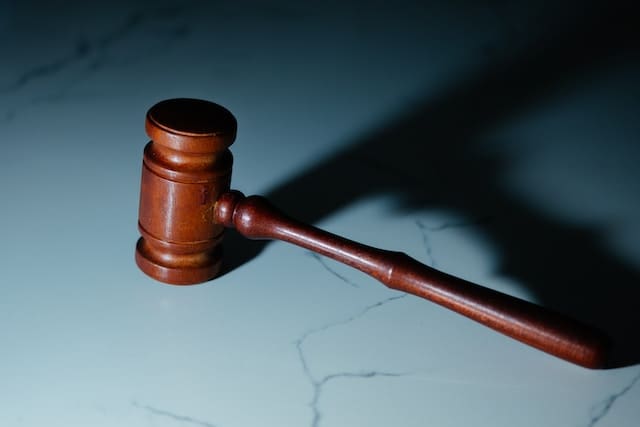
19 Jun Does a Living Trust Protect Your Assets from Lawsuits?
A living trust keeps your assets out of probate and provides numerous other benefits as well. However, it’s important to understand the limitations of a living trust if you want to ensure that your assets are properly protected.
If you’re concerned about the possibility of getting sued or dealing with creditors, you may need to add some extra security measures to your estate plan. Let’s explore how a living trust can protect your assets, and how you can keep them safe from lawsuits and creditors.
Does a Living Trust Protect Your Assets from Lawsuits?
A “revocable” or “living” trust is a legal document that lets you transfer ownership of your assets to the trust. It also provides instructions for how the trustee should distribute those assets.
Because living trusts can be changed, the assets in the trust remain in your control during your lifetime. However, that means the assets in your living trust can be used to settle your debts or be claimed in a lawsuit filed against you.
After you pass away, the living trust becomes irrevocable, and ownership of the assets transfers completely to the trust. The irrevocable trust then shields the assets in it from your beneficiaries’ lawsuits and creditors.
What Protections Can a Living Trust Offer?
Although a living trust does not protect your assets from lawsuits, it still provides many other types of protection. It protects your privacy, provides security if you are ever incapacitated, and keeps your assets out of probate.
1: Control During Incapacity
If you become incapacitated due to disease or injury, your living trust automatically becomes irrevocable. Your successor trustee then manages your assets according to your wishes, and the trust cannot be changed or revoked. This control helps protect your assets from mismanagement or exploitation if you can no longer manage them yourself.
2: No Probate
Living trusts also protect your loved ones from the burden of probate and waiting on the courts. Probate is the long and expensive court process of validating your will and distributing your assets. Placing all of your assets in a trust helps you avoid the probate process entirely. Your beneficiaries can receive their inheritance sooner, saving them valuable time and money.
3: More Privacy
A will becomes public record when it goes through probate, so anyone can see what assets you have and who you’ve left them to. A living trust, however, allows your assets to be distributed to your beneficiaries privately. Keeping your financial affairs out of the public eye helps reduce the risk of creditors and others targeting your beneficiaries.
How to Protect Your Assets from Lawsuits
Although living trusts do not protect your assets from lawsuits and creditors, there are many ways to protect them with estate planning. Creating an irrevocable trust, taking out liability insurance, or forming an LLC can keep your assets safe from collectors.
1: Liability Insurance
Setting up liability insurance is a good first line of defense against lawsuits. Homeowners insurance, auto insurance, umbrella policies, and other types of liability insurance will protect your home, cars, and other assets. Make sure to review your insurance coverage regularly to verify that it adequately covers your potential liability risks.
2: Irrevocable Trust
We’ve already described how a living trust becomes irrevocable upon your death or incapacitation. However, you can also create an irrevocable trust during your lifetime, and there are many types to choose from.
For instance, charitable trusts allow you to leave assets to your favorite charities. A special needs trust is used to leave money to someone with special needs without disqualifying them from government benefits. And a life insurance trust protects sizable policies for their beneficiaries.
3: Limited Liability Company
If you own a business, you should consider forming a Limited Liability Company (LLC). An LLC separates your personal assets from your business assets because it is a separate entity from you.
If someone sues your business, then only the business assets are at stake. Your home, car, and other personal assets stay out of the lawsuit. The same protection applies to rental properties—if someone files a claim against a rental property that’s in an LLC, then only the rental property is at risk.
Arizona Estate Planning Attorney
Do you need help protecting your assets? The Phelps LaClair team can design a solid, customized estate plan with living trusts, irrevocable trusts, and LLCs that will keep your assets safe. We’ll also meet with you for regular reviews of your estate plan to ensure it still covers all of your needs. Call us at 480-892-2488 today to schedule a free consultation.
Images used under creative commons license – commercial use (6/19/2023). Photo by Wesley Tingey on Unsplash


